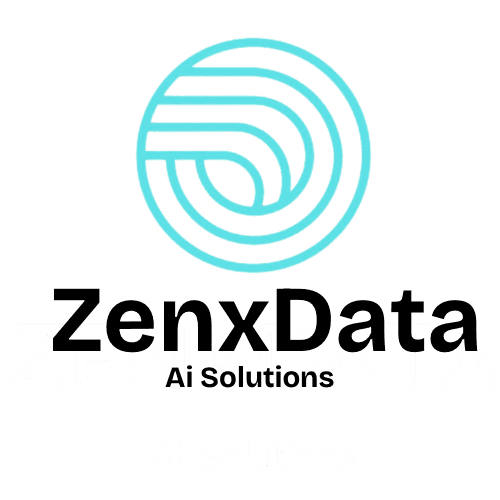Data Validation Services: Enhancing AI Model Accuracy
The Importance of Data Validation in AI
In the realm of artificial intelligence, data is the cornerstone that supports the entire structure. The accuracy and reliability of AI models heavily depend on the quality of data they are trained on. This is where data validation services come into play, playing a crucial role in ensuring that data is accurate, complete, and suitable for training robust AI models.
Data validation involves a series of processes to verify that the datasets used in AI applications are correct and meaningful. This step is essential because any errors or inconsistencies in data can lead to inaccurate predictions and unreliable outcomes. By implementing comprehensive data validation services, organizations can enhance the performance and accuracy of their AI models significantly.

Key Steps in Data Validation
Data validation typically involves several key steps, each designed to identify and rectify different types of data issues. These steps often include:
- Data Cleaning: Removing inaccuracies and inconsistencies from datasets.
- Data Verification: Ensuring data values are correct and consistent with real-world scenarios.
- Data Normalization: Adjusting data into a standard format to maintain consistency.
Each step is vital to ensuring that the data used for training AI models is of the highest quality, which in turn helps in producing more accurate and reliable results.
Benefits of Effective Data Validation
Employing effective data validation services offers numerous benefits. Firstly, it significantly reduces the risk of errors in AI models, which can lead to costly mistakes in decision-making processes. Secondly, it enhances the overall efficiency of AI operations by streamlining data processing and reducing the need for extensive manual oversight.

Moreover, validated data contributes to greater trust in AI systems, as stakeholders can be more confident in the outcomes produced by these models. This trust is crucial for the widespread adoption of AI technologies across various industries.
Challenges Faced in Data Validation
Despite its importance, data validation is not without its challenges. One major hurdle is the sheer volume of data that needs to be processed and validated. With the explosion of big data, organizations often find themselves overwhelmed with massive datasets, making manual validation nearly impossible.
Additionally, maintaining data privacy and security during the validation process can be challenging. Ensuring that sensitive information is protected while still performing thorough validation checks requires sophisticated tools and strategies.

Tools and Technologies for Data Validation
Fortunately, there are several advanced tools and technologies designed to assist with data validation efforts. Automated validation software can quickly scan large datasets for errors and inconsistencies, significantly speeding up the process. Machine learning algorithms are also being employed to predict and correct potential data issues before they impact AI model performance.
Furthermore, cloud-based platforms offer scalable solutions for managing and validating large volumes of data, providing organizations with the flexibility they need to effectively handle their data validation needs.
The Future of Data Validation in AI
As AI technologies continue to advance, the need for effective data validation services will only grow. Future trends suggest a move towards more integrated validation solutions that combine multiple tools and techniques to offer comprehensive coverage.
Investments in research and development are likely to yield even more sophisticated validation technologies, enabling organizations to further enhance the accuracy and reliability of their AI models. By prioritizing data validation today, businesses can pave the way for more innovative and impactful AI applications tomorrow.
